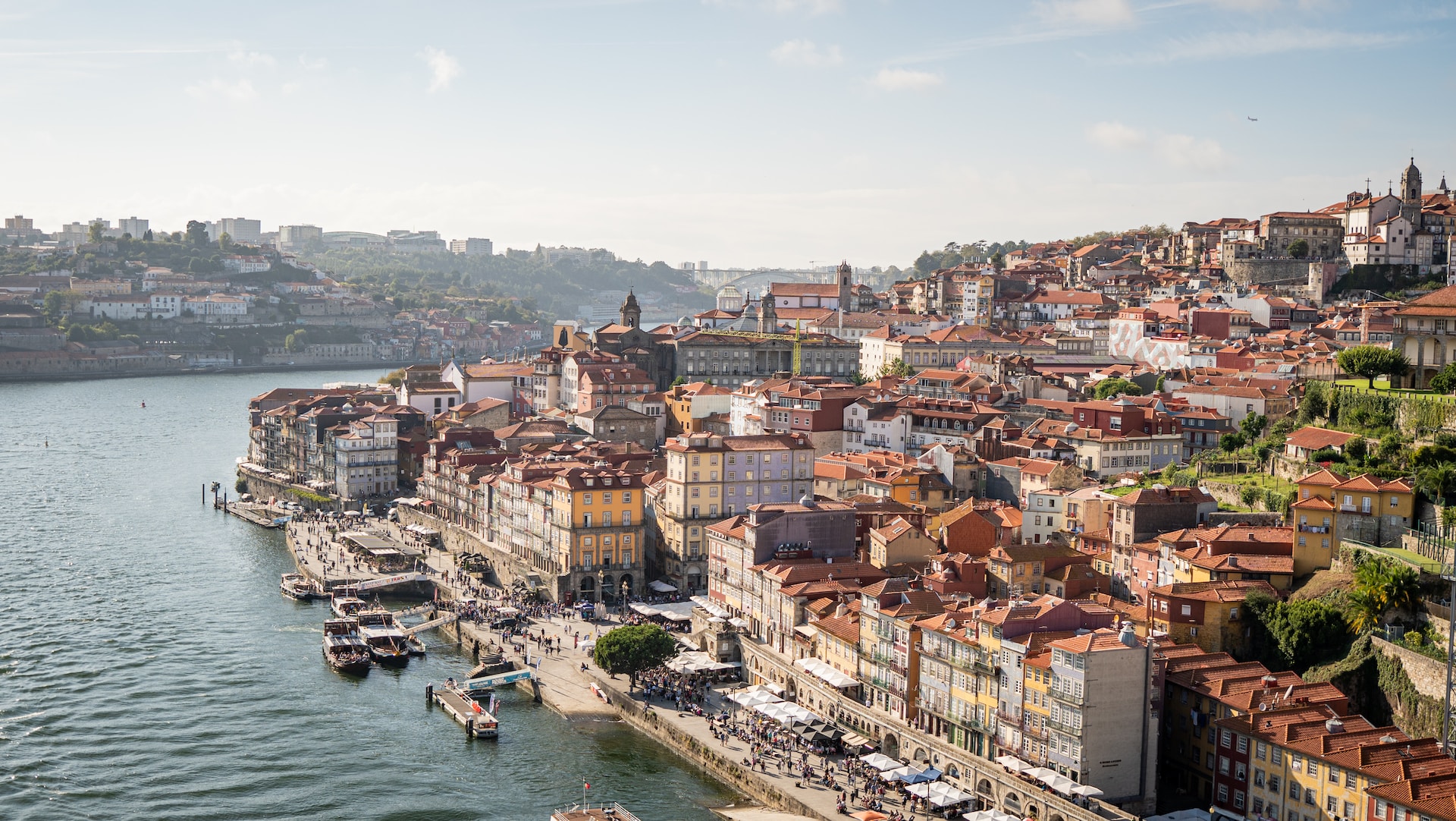
In a quaint apartment with views of the Atlantic, Marilyn Flitterman, a 95-year-old Brooklyn native, plays melodies by Gershwin and Berlin on her piano. Her music echoes the transformative journey she has experienced since moving to Porto, Portugal’s northwestern gem, in 1970. The city, known for its cobblestone streets and the Douro riverbank, was then a fading Jewish locale with a sparse community that barely filled the historic Kadoorie Mekor Haim Synagogue.
A Law of Return Sparks a Renaissance
However, the past decade has witnessed an extraordinary resurgence. The catalyst was a law enacted in 2015, allowing those with Sephardic Jewish ancestry to return. This law spurred a global campaign by Jewish locals, drawing immigrants worldwide and reshaping Porto’s Jewish landscape. The community, once struggling to gather a minyan, now boasts around 1,000 members from over 30 countries.
A Flourishing Jewish Infrastructure
The growth has been rapid and remarkable. New funding streams have enabled the establishment of significant Jewish cultural landmarks, including a Jewish Museum in 2019, a Holocaust Museum in 2021, and a cemetery in 2023. The Holocaust Museum, attracting over 50,000 visitors annually, predominantly Portuguese schoolchildren, stands as a testament to this renewed interest.
Diversity and Vibrancy in the Community
This revival has introduced a vibrant diversity to Porto’s Jewish community. Gabriel Senderowicz, the community’s president, highlights the array of nationalities present, from Israeli to Brazilian, Tunisian to Turkish. Marilyn Flitterman, inspired by the community’s growth and the presence of influential figures like David Garrett, has reconnected with the synagogue, now bustling with life and cultural events.

A Law’s Future in the Balance
Despite these successes, the future of Jewish migration to Portugal hangs in the balance due to political changes. The law facilitating Sephardic return faces scrutiny and potential changes following a scandal involving Rabbi Daniel Litvak and allegations of irregularities in the citizenship process. This incident has sparked debates about the law’s interpretation and implementation, overshadowing the community’s positive strides.
Scandal and Community Resilience
The arrest of Rabbi Litvak in 2022 on charges related to the citizenship process, including a high-profile case involving Russian-Jewish billionaire Roman Abramovich, brought unwanted attention. While no evidence of wrongdoing was found in Abramovich’s case, the scandal has had lasting effects on Porto’s Jewish community. The community’s leaders, still grappling with the fallout, remain resolute in their commitment to preserving their heritage and standing against perceived antisemitism.
A Cultural and Culinary Renaissance
The Jewish resurgence in Porto is not limited to religious and cultural institutions. The city has seen the emergence of Jewish culinary ventures, like the Iberia Sababa Kosher Restaurant, which blends diverse Sephardic culinary traditions. These establishments, along with a kosher hotel and grocery store, reflect the community’s growing economic and cultural footprint.
Challenges and Hopes for the Future
Despite these positive developments, the community faces challenges, including occasional antisemitism and economic disparities amplified by Portugal’s investment-driven citizenship policies. Yet, for many, like Brazilian immigrant Vivian Groisman, Porto offers a haven of tranquility and quality of life. As the community navigates these complexities, its members remain hopeful, cherishing their newfound home and the possibilities it presents for future generations.
©jewishsolidarity.org
